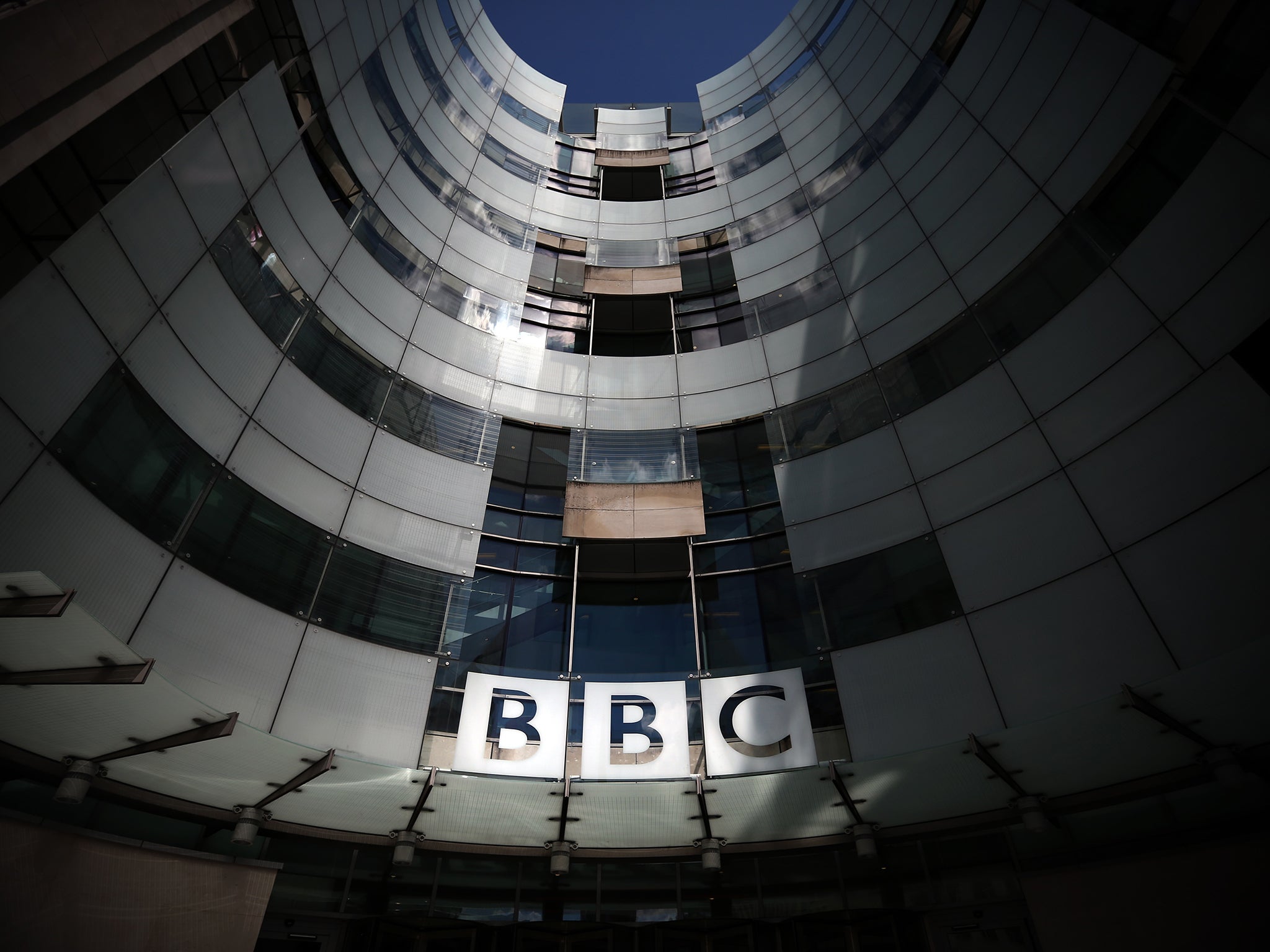BBC News Channel identified as next service to become online-only
'We will make a transition from rolling news to streaming news; news in the palm of your hand'

Your support helps us to tell the story
From reproductive rights to climate change to Big Tech, The Independent is on the ground when the story is developing. Whether it's investigating the financials of Elon Musk's pro-Trump PAC or producing our latest documentary, 'The A Word', which shines a light on the American women fighting for reproductive rights, we know how important it is to parse out the facts from the messaging.
At such a critical moment in US history, we need reporters on the ground. Your donation allows us to keep sending journalists to speak to both sides of the story.
The Independent is trusted by Americans across the entire political spectrum. And unlike many other quality news outlets, we choose not to lock Americans out of our reporting and analysis with paywalls. We believe quality journalism should be available to everyone, paid for by those who can afford it.
Your support makes all the difference.The BBC News Channel has been identified as the next BBC service to become online-only as the organisation looks to embrace technological change and make cost savings following cuts to its budgets.
The BBC Trust’s recent approval for the youth-orientated BBC3 channel to move online-only in March has paved the way for the broadcaster to take other fringe services onto exclusively digital platforms.
In a speech on the BBC’s future in September, Director-General Tony Hall expressed the desire for a “news-streaming” service aimed at mobile phone users. “Over the period of this charter, we will make a transition from rolling news to streaming news; news in the palm of your hand,” he said.
James Harding, the BBC Director of News & Current Affairs, has embraced digital media. Announcing details of his “Future of BBC News” project this month, he warned staff “we can’t afford to do everything” but emphasised that “young people are consuming less and less traditional media” and asked “How do we cater for them?”
The BBC News Channel, which celebrates its 20th anniversary next year and is watched by around 3 million people a day, was set up as a competitor to Sky News and has featured on its original output many of the BBC’s best-known journalists, including Huw Edwards, Emily Maitlis and Fiona Bruce.
One senior BBC news executive told The Independent: “The point is do you need a rolling news channel on television? You can see how an organisation like the BBC could build a digital rolling news feed and not have a TV channel. Where are people consuming rolling news? It’s predominantly on digital platforms.”
The idea of taking the rolling service off television has become “open talk” in the BBC newsroom, with ongoing meetings taking place on how the organisation reacts to changing audience behaviour in accessing news.
But the plans of some senior managers to move the News Channel online have encountered opposition.
With a Government White Paper on the Future of the BBC due in May, the organisation is acutely aware that its position is dependent on retaining its reputation as the go-to media provider for the biggest news stories.
With the European Union referendum and the Queen’s 90th birthday in April fast approaching, it’s not a good time to take a news channel off TV.
A recent BBC Trust survey of viewers found resistance, especially among older viewers, to moving news coverage to digital platforms at the expense of existing services. The News Channel is understood to have a high proportion of older viewers. “Many older people still like to sit down to watch the news,” said one journalist at the BBC’s New Broadcasting House. “They don’t expect to watch their news on a mobile phone.”
Lord Hall, who was Chief Executive of BBC News between 1996 and 2001, also has a personal attachment to the rolling service. “It’s very hard for Tony Hall to close anything he personally opened and, as BBC head of news, he started both Radio 5 Live and, effectively, the BBC News Channel,” noted a senior BBC journalist.
Mr Harding has said that BBC News will make cuts of £5m as part of overall BBC cost reductions. But analysis conducted by the BBC has shown that savings from taking rolling news off television would not be as great as management had hoped. “The cost benefit of closing it is not huge, there are not big monies to be saved,” said a senior source.
A BBC spokesperson said: “As James Harding has said, over the next few months we’ll be looking at how BBC News should respond to changing technology and audience demands, and to the need to make financial savings across the organisation. Any talk about the BBC News Channel is idle rumour, we are discussing our priorities not taking decisions.”
Join our commenting forum
Join thought-provoking conversations, follow other Independent readers and see their replies
Comments